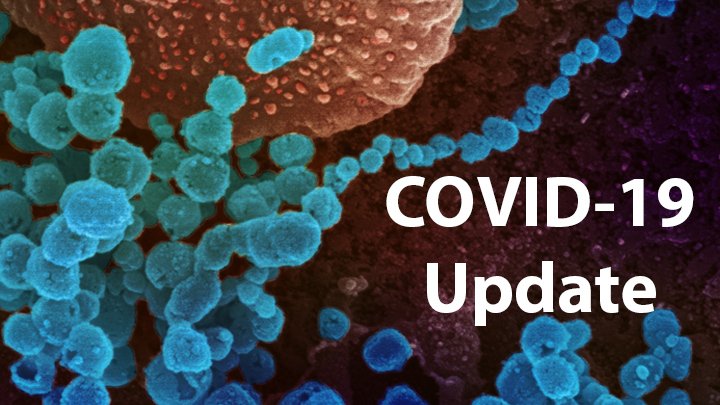Covid-19: Be Aware, Take Precautions and Help Prevent It
The COVID-19 pandemic has resulted in a significant loss of life worldwide, and it poses an unparalleled threat to public health, food systems, and the workplace. The pandemic's social and economic effects are incredibly damaging: tens of millions of people are also at risk of going into extreme poverty, and the number of individuals who are malnourished, which is currently projected to be about could rise to by the end of the year.
Be aware of the preventive methods and take the necessary steps to protect yourself and others. Follow the recommendations of the local health authority.
To Stop The Spread Of COVID-19, Follow These Steps:
• Hands should be washed often. Use water and soap or an alcohol-based hand rub to clean your hands.
• Keep a safe distance away from anybody coughing or sneezing.
• Wear a mask if physical separation isn't possible.
• It is advisable not to touch your eyes, nose, and mouth with your hands.
• When you sneeze or cough, ensure to cover your mouth and nose with your bent elbow or use a tissue.
• When you're sick, stay at home.
• Seek medical help if you have a temperature, cough, or trouble breathing.
If you call ahead, your healthcare provider will quickly guide you to the appropriate facility. This safeguards you and prevents infections and other pathogens from spreading.
Masks will help to prevent the virus from spreading from the individual who is wearing it to others. COVID-19 is not protected by masks alone; they must be used in conjunction with physical separation and hygiene practices. Follow the local healthcare authority's recommendations.
If anyone in your family suffers from the following conditions, doctors can advise you to seek home treatment.
• They are coronavirus positive (COVID-19)
• Took the COVID-19 exam and waiting for the test results.
• Has symptoms of fever, cough, and sore throat, etc.
If they need medical attention, even though they are unsure if they have COVID-19, someone who is sick should stay at home. This helps to keep the disease from spreading to others.
This virus is affecting people all around the world. Not only this, but it also affects the economic condition of every nation. We all must be aware of the adverse effects of this pandemic and take precautions accordingly.
"The only way to reduce infection is to stop being subjected to this virus," according to the Centers for Disease Control and Prevention (CDC). Here are some easy measures to avoid the spreading of COVID-19 better and safeguard yourself and others while the vaccines are being rolled out.
• Wearing masks will not protect you from being infected with SARS-CoV-2. Hand hygiene should be done with care, and physical distance should be maintained.
• Other kinds of masks, such as surgical masks as well as N95 respirators, are more effective than cloth masks. These different masks, on the contrary, should be reserved for medical personnel and first responders.
• Before using your mask, keep your hands clean and then put on your mask. Wash your masks after every use.
If you're looking after someone who has tested COVID-19 positive or have any such symptoms, continue taking these precautions unless your doctor or local healthcare authority says that it's safe to stop doing so. Also, tell other people who may have been in close contact with the infected person. They may speak with their doctor or the local healthcare department about getting tested or about quarantining.









